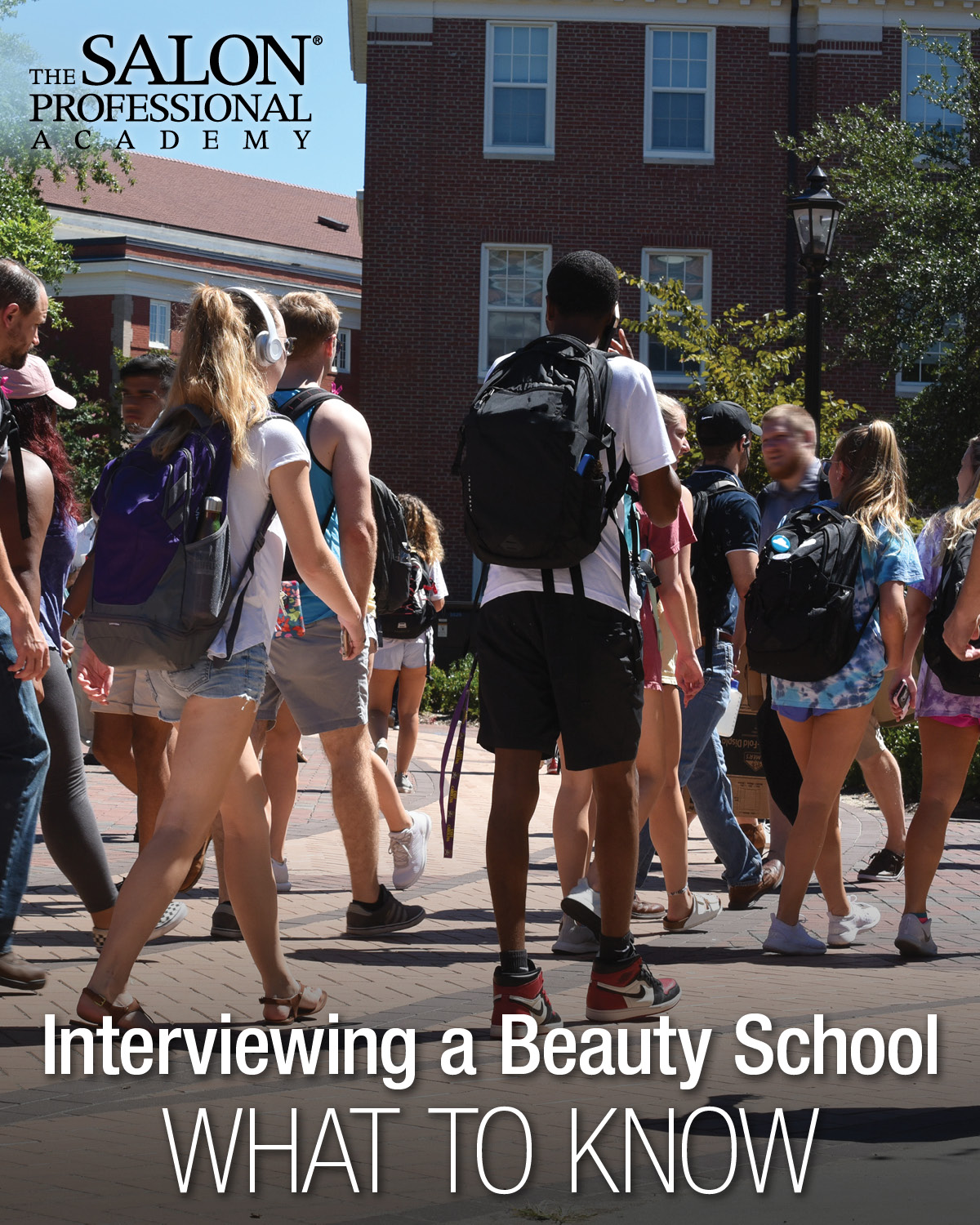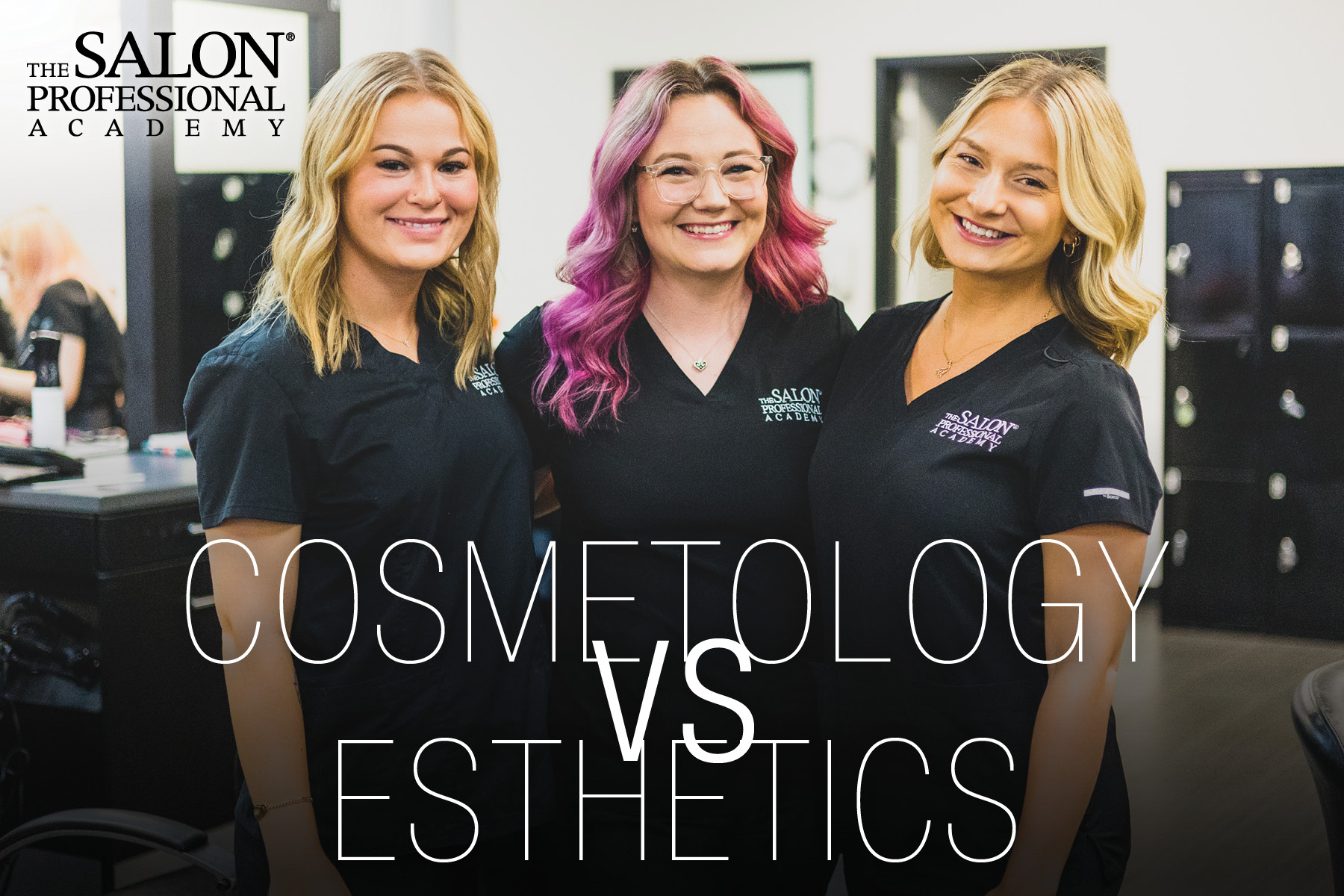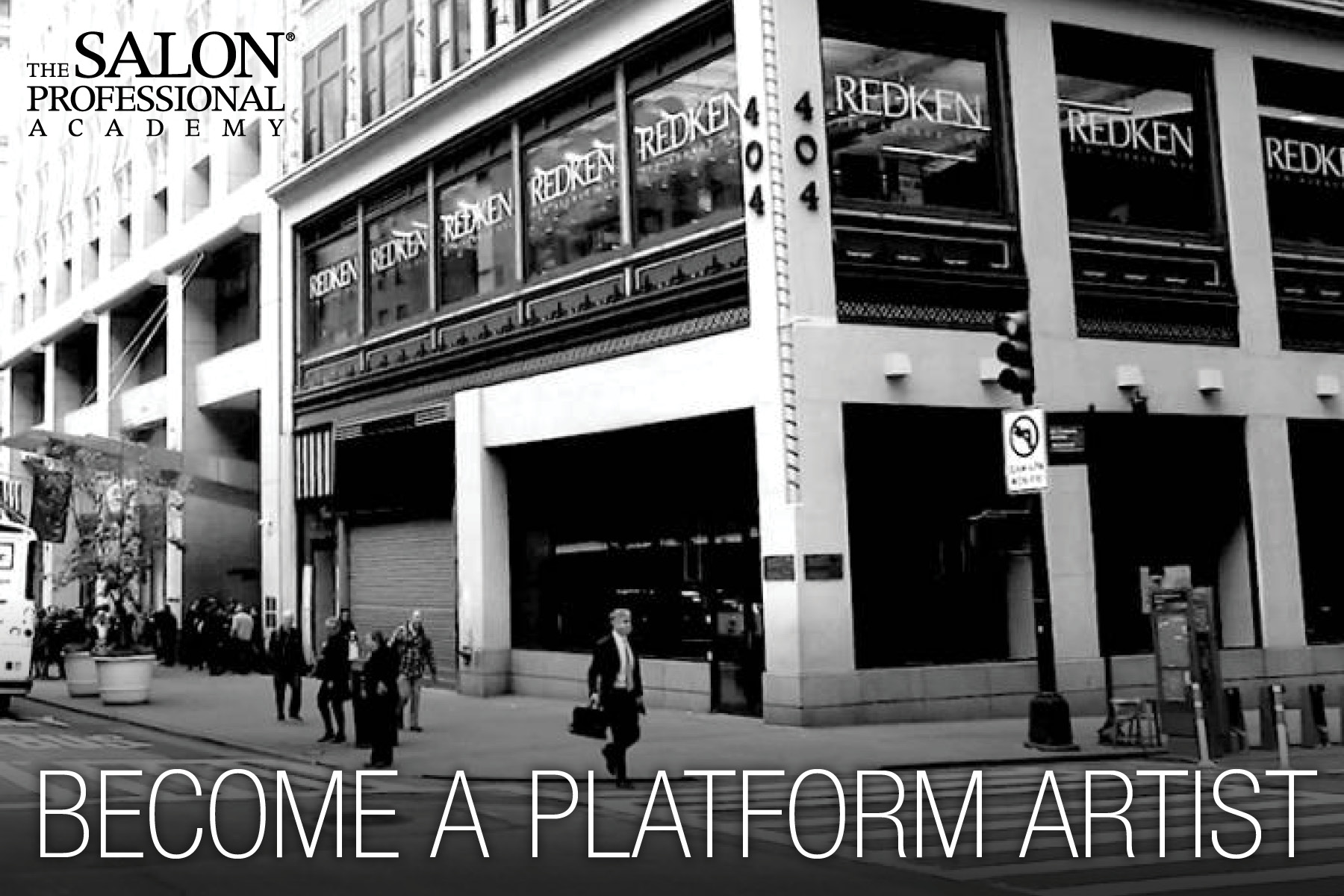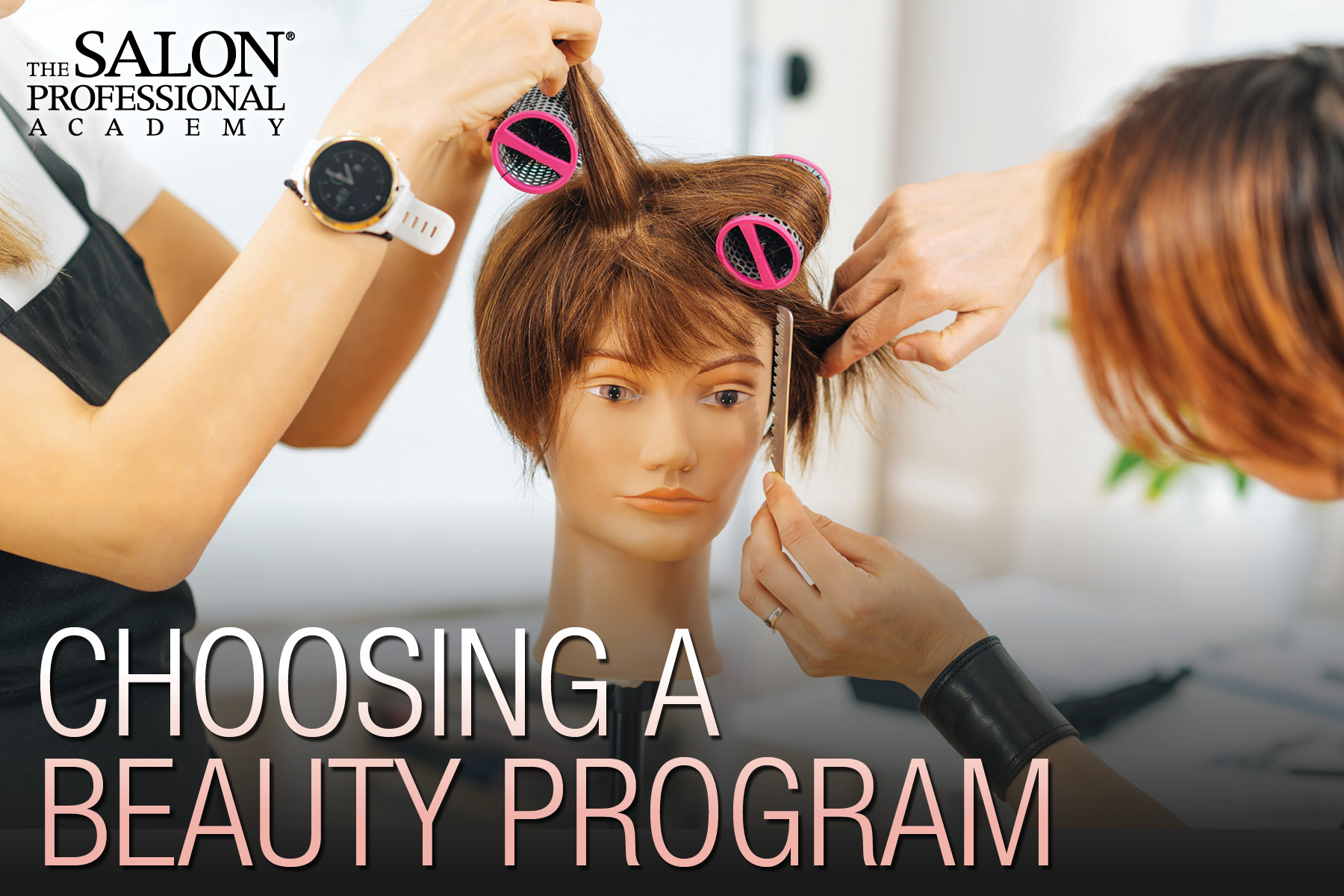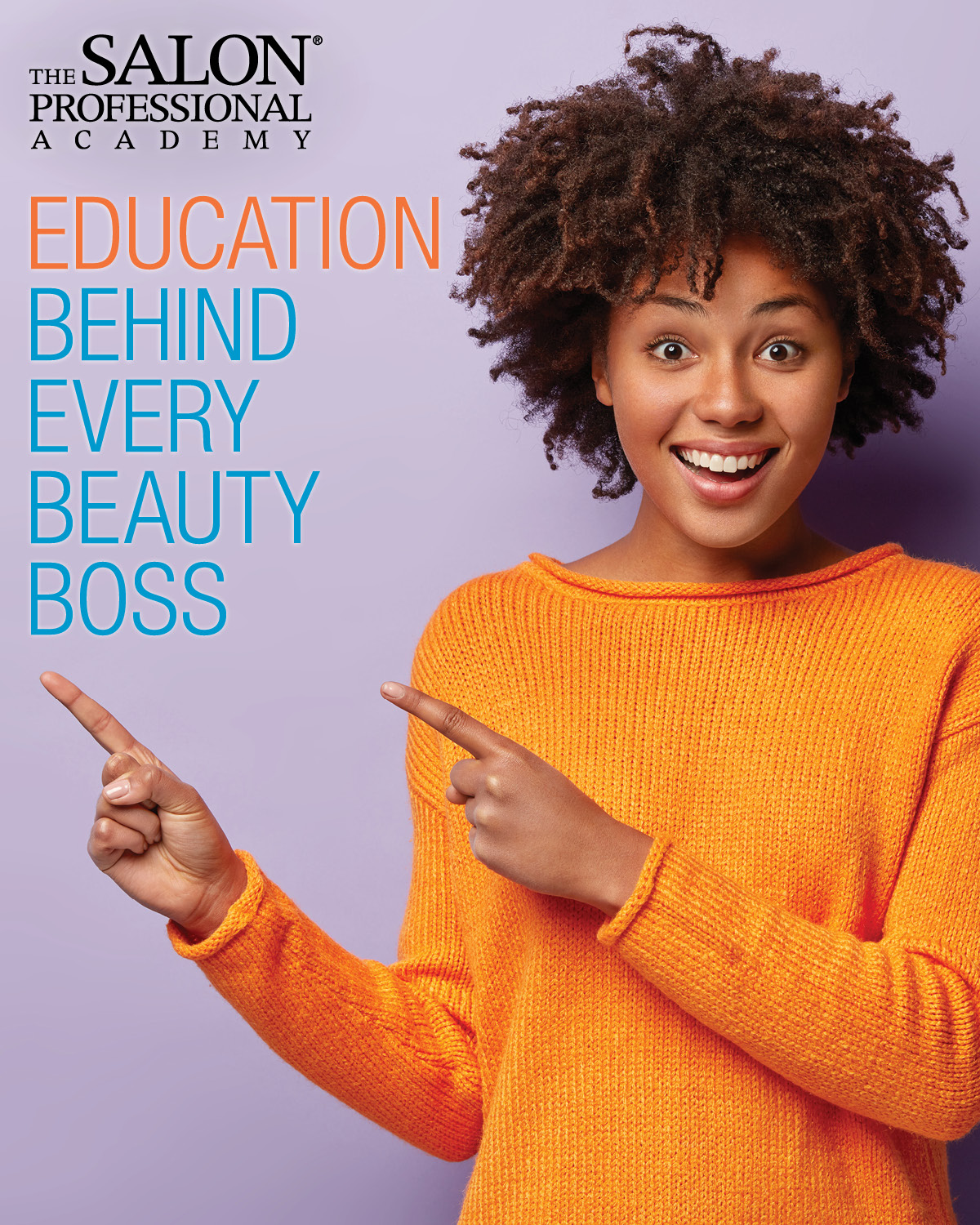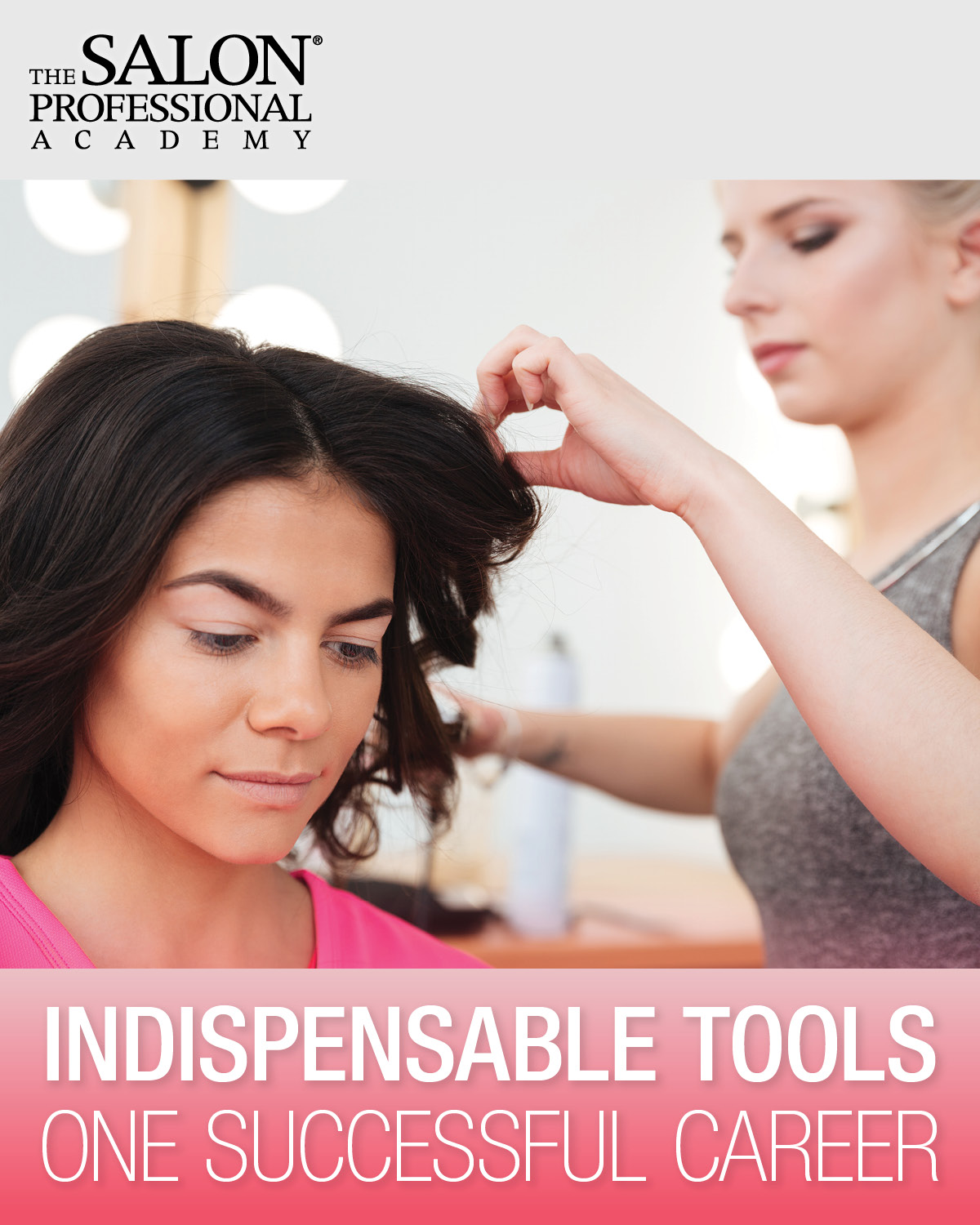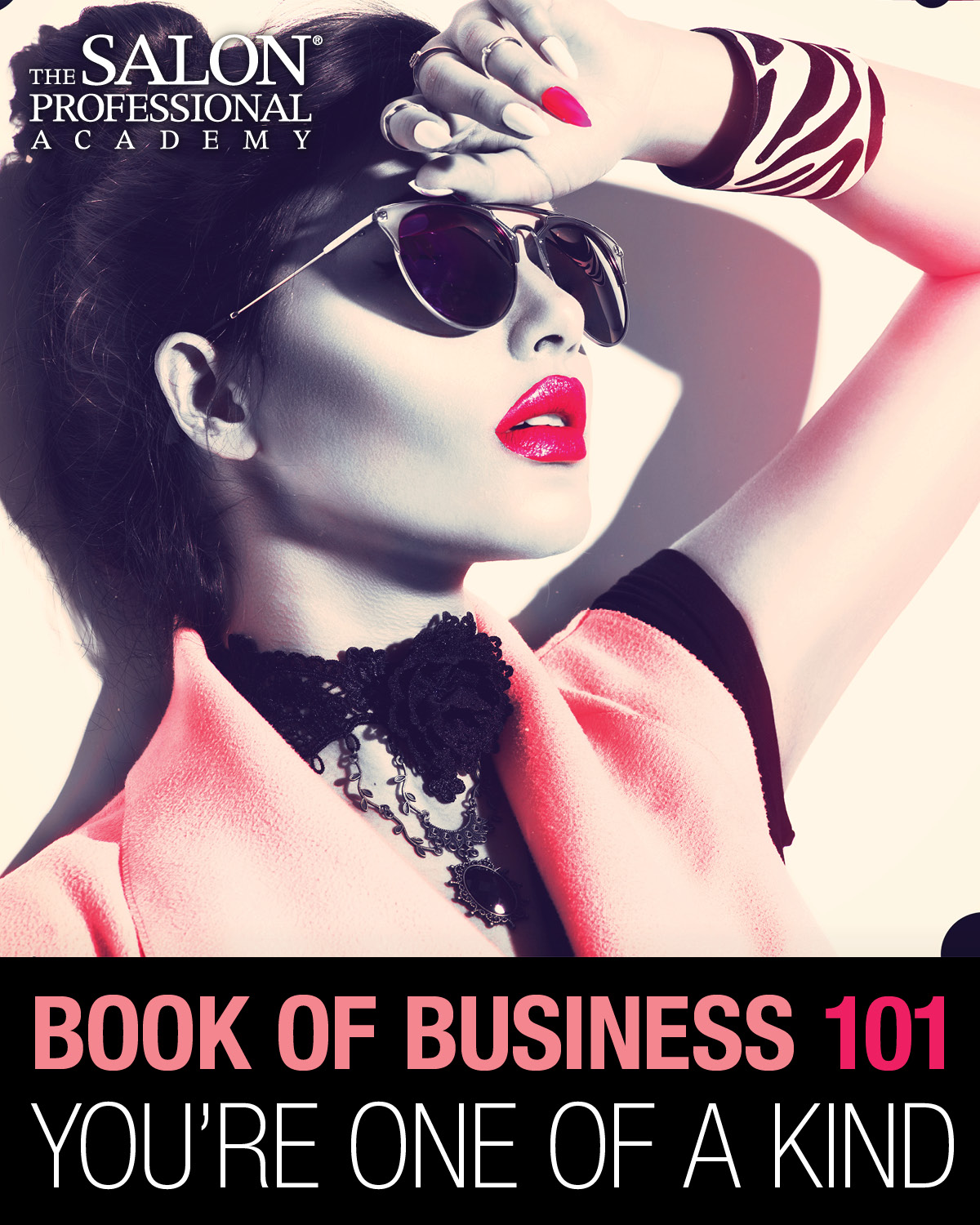Your Future is Worth A Great Tour!
Interviews are a two-way street! It’s an important fact to remember when you’re looking at potential beauty schools and thinking about taking campus tours.
Pursuing your dream of applying to beauty school is an amazing journey. It’s an exciting time, and you should enjoy the ride.
However, you mustn’t get caught up in the wave. We know a lot is riding on your beauty school interviews and beauty school tours, but don’t lose sight of the fact that these schools have to be a fit for you, too. It’s not just about whether or not you’re a fit for them.
In this article, we’re going to cover seven questions you should be asking when interviewing a beauty school.
Asking these questions will help you to determine if the school is the right fit for you, and it may even help you increase the acceptance rate of your applications.
Read on to learn an arsenal of tips for applying to beauty school.
1. Can You Tell Me More?
This is the first, and most obvious question. It’s easy to get silent and nervous when you’re sitting in an important beauty school interview.
Don’t just go through the motions, answer their questions, and then leave. Your interview should be a dialogue, not an interrogation.
Asking this question is one of the easiest ways to get your interviewer talking. Ask them to tell you more about the school. Ask how many teachers they have on staff. Ask the size of the total student body.
What is the average class size? It’s also important to know the ratio of students to teachers, but asking the class size will get you this information.
Also, you’ll want to research if there have been any complaints filed against the school with the State Cosmetology Board or local trade organizations.
You’ll also want to ask about the school’s safety. If you’re attending classes at night, this is especially important. Student parking, housing (if you’re attending school out-of-state), and other logistical questions are important to ask as well.
2. Are You Accredited?
Making sure a school is accredited, and researching when they last updated their accreditation requirements is important for a few reasons.
First, you don’t want to be attending some second-rate beauty school that ends up being a scam. You’ll end up wasting a lot of money, and be no further along toward your dream career.
Secondly, you want to make sure their accreditation is up-to-date. Most people think schools become accredited once and that’s it.
This isn’t the case at all. A school with a good reputation should be taking the steps to keep its accreditation current. A school should be re-evaluated every six years to keep its standards current. So, ask when the school was last evaluated.
3. What Is Your Placement Rate?
This is probably the most important statistic a school can give you.
Why does anyone go to college or get a certification? To get the job they want, right?
Well, that’s exactly what the placement rate will tell you. It’s the representation of how many students are getting placed into jobs in their chosen field upon graduation.
We can’t stress this stat enough. It may be the biggest contributing factor in ensuring you a successful future, and yet, so many aspiring beauty school students aren’t asking about it.
Placement rate. Don’t forget about it!
4. Hands-on Experience?
One of the things you don’t learn in high school, that you’ll find out in the real world, is you want to learn from people that have already done what you’d like to do. This is no different in the beauty school world.
If you want to go into a certain niche of cosmetology or esthetics or specialize in a certain treatment, why would you learn from someone who has no idea how to do it?
You wouldn’t. So make sure the school you go to has teachers with hands-on experience in the area you want to specialize in.
There’s no teacher like real-world experience.
5. What Does Your School Cost?
The cost of attending a cosmetology program depends on which school you attend. However, the average cost is anywhere from $8,000 to $18,000. That cost is to complete a full program that can be 10-18 months long.
Don’t be afraid to ask your interviewer to explain the cost of attendance to you. Especially if it is higher or lower than most of the other schools you’re researching.
Also, it’s important to note that cheaper isn’t always better. “You get what you pay for” is a life rule that’s true more often than not. Sure, you may pay more up-front, but your results will be better in the long run.
There are also scholarships and financial aid available for cosmetology programs throughout the country. The amount of aid varies, and the program you attend has to be accredited, but there is help available.
This means your dream cosmetology program may be more accessible than you think.
6. Will I Get to Work With Real Clients?
Just like there’s no substitute for hands-on experience when it comes to your teachers, there’s also no substitute for it when it comes to sharpening your own skills.
Many beauty programs will offer mannequins to practice on when you’re first starting. While they are a great practice ground for learning the basics, eventually you are going to want to hone your skills on real, live, in-the-flesh clients.
7. Can You Tell Me About the Curriculum?
You’re going to be spending the majority of your time, over the next ten to eighteen months, learning the curriculum this school has for you. You have every right to ask the person interviewing you to explain what you are going to be learning, and how it’s going to be taught.
Most cosmetology programs with good reputations do a great job of this. In fact, they will have something available for you to read outlining their curriculum and your path through the program from Day 1 up until graduation.
Even if they do provide you with something like that, it’s still in your best interest to ask deeper questions about what’s going to be covered and how it’s going to be taught.
How Far Do You Go?
One of the first things you’ll want to ask is “how does your curriculum go beyond the State requirements?” Yes, there are minimum requirements needed to practice in every State. But you want a program that is going to prepare you beyond that.
The program you choose should be keeping up with the latest trends and developments in the beauty industry. Our staff at TSPA does a great job of that.
You will not only learn what’s necessary to pass your State exam, but you will learn the newest techniques and trends to put you lightyears ahead of other graduates in your field.
What Is the Structure?
The other important question you’ll want to ask is “how is the curriculum structured?” Cosmetology programs are typically structured one of two ways. The curriculum is either modular or foundational.
With a modular curriculum, there is no exact “starting point” or “beginning”. Whenever you enroll, you start to learn with whatever is being taught that week.
In this type of structure, students are also constantly moving in and out of the classroom. New students are enrolling and older students are moving out of the classroom environment.
The foundational method allows all students to start with the same information and build from there. Instructors teach basic skills until students master them and establish a solid foundation.
At that point, students start to build more complex skills on top of the base of fundamentals that is already there. With a foundational curriculum, students learn the necessary steps of a procedure from start to finish and they also develop a sense of community.
They go from class to class, skill to skill, with the same group of students. This helps students build lasting friendships, and connections within the industry when they graduate.
Bonus Question for Your Campus Tours
We feel like we gave you seven solid questions to get to the bottom of how each beauty school measures up. But, we’re feeling generous so we have a bonus question for you.
What’s the Word on the Street?
Accreditation, outlining the curriculum, and telling you the scope of hands-on experience you can expect are all well and good, but what are people saying?
You want to see what other salons and spas are saying about the performance of school alumni. Can graduates from this school hang in the real world?
Do they have all the necessary skills? Do they know all the necessary treatment procedures? Are there things this school’s graduates are lacking?
You may not be able to get a straight answer to this question directly from your interviewer. That’s fine. Call around to local spas and salons on your own and see what’s what.
Word of mouth will quickly tell you the full story.
Out-riddle the Riddler
Now you have some real firepower to use during your beauty school interviews or campus tours. Remember, they need to work for you as much as you need to work for them. Don’t get intimidated, and don’t be afraid to ask them to show their worth.
We know what we’ve got at TSPA, and we’re happy to answer any questions you may have. We welcome you to put us to the test!
If you have any more questions about our programs or want help getting started with the enrollment process, give us a call or visit us online today.
